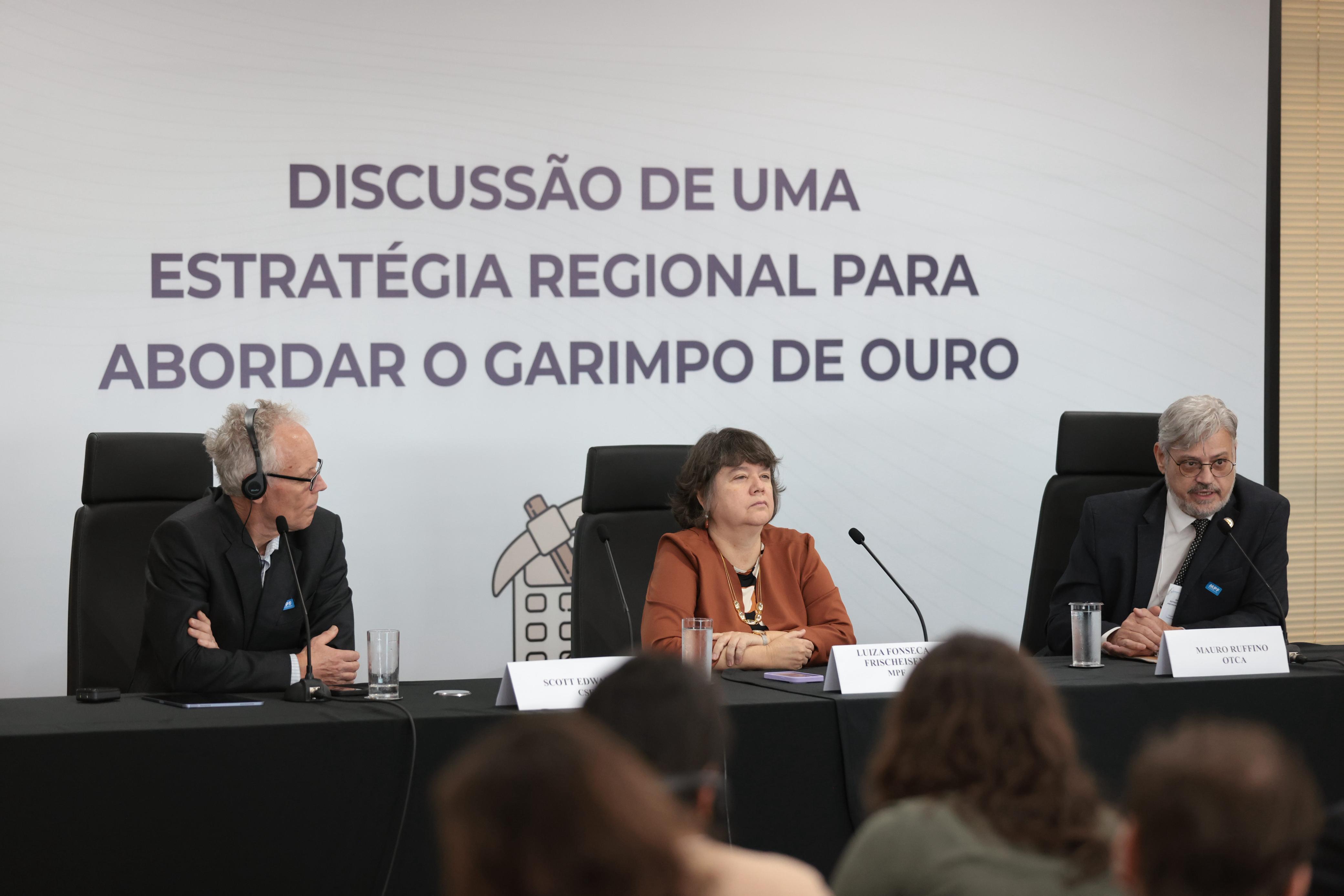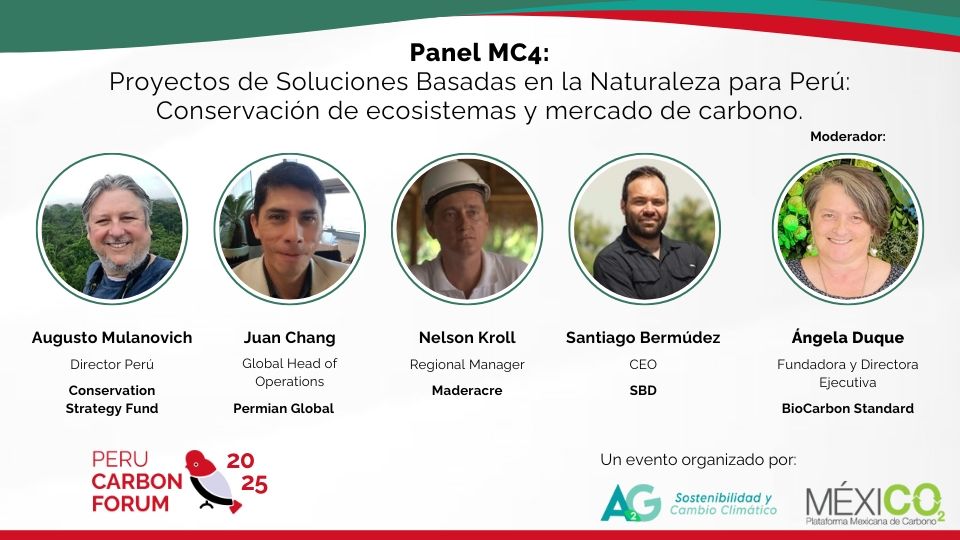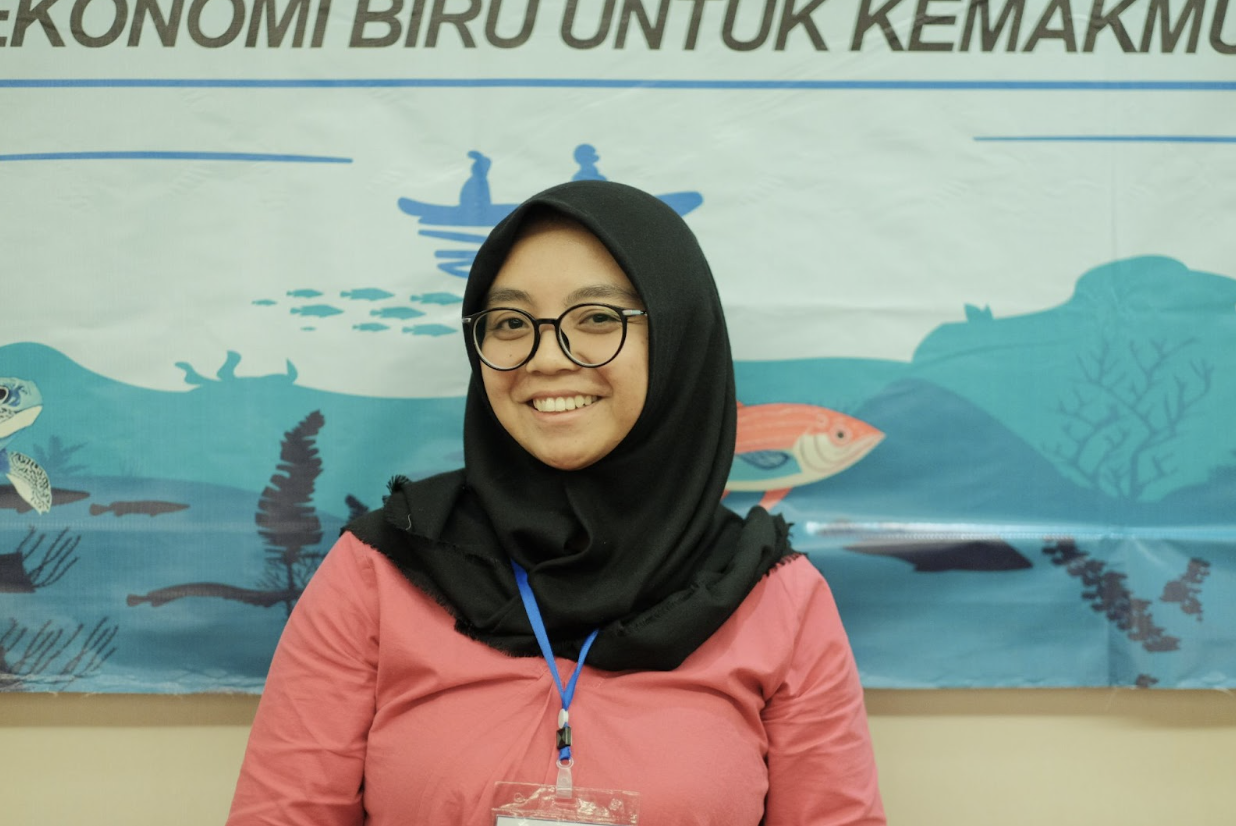News
January 2026: A new chapter in tackling illegal gold mining is unfolding in the Amazon.
On November 20, 2025, during COP30, we hosted the workshop “Valuing Nature, Empowering Action: Interactive Training with the CSF Calculator Hub” at the ARAYARA – Amazon Climate Hub in Belém, Brazil. The session brought together people working in conservation for a hands-on exploration of socio-environmental and economic valuation tools to support inclusive, evidence-based, and Indigenous-informed climate action.
Within the framework of the VII International Congress on Environmental Justice, organized by the National Commission on Environmental Justice of the Judiciary (CNGA), the workshop "Illegal Mining and the Quantification of Environmental Damage" was held. This is a joint initiative of the Foundation for Conservation and Sustainable Development (FCDS), the Conservation Strategy Fund (CSF), and the State Attorney General's Office (PGE).
Leaders from seven Amazonian countries gathered in Brasília for a regional workshop hosted by Conservation Strategy Fund to address the environmental, social, and legal impacts of mercury-based gold mining. The event highlighted the urgent need for cross-border cooperation and tools like the Mining Impacts Calculator to guide enforcement, protect ecosystems, and strengthen environmental governance across the Amazon.
Ante los crecientes desafíos sociales, ambientales y económicos relacionados con la minería de oro y el uso de mercurio en la región amazónica, funcionarios de Gobierno, cooperación internacional y otros actores, se dieron cita en el taller “Discusión de una Estrategia Regional para Abordar la Minería de Oro”, desarrollado el pasado 18 de junio en Brasilia, Brasil.
Lima, 29 de mayo de 2025 – En el marco del Peru Carbon Forum 2025, Augusto Mulanovich, Director de Conservation Strategy Fund (CSF) en Perú, participó como ponente en la mesa titulada “Proyectos de Soluciones Basadas en la Naturaleza (SbN) para Perú: Conservación de ecosistemas y mercado de carbono”. El evento reunió a actores del sector público, empresas, ONGs y sociedad civil para debatir sobre el futuro del mercado de carbono en la región.
LIMA, May 29, 2025 — At the Peru Carbon Forum 2025, Augusto Mulanovich, Director of Conservation Strategy Fund Peru, presented a comprehensive analysis on the financial and economic foundations necessary for scaling Nature-Based Solutions (NbS) in Peru. Speaking on the panel “Nature-Based Solutions (NbS) Projects for Peru: Ecosystem Conservation and the Carbon Market,” Mulanovich joined experts from government, business, civil society, and environmental organizations to explore the future of carbon markets in the region.
Since we launched our programs in Indonesia in 2015, demand continues to grow for CSF’s unique approach to training and capacity building.
The Focus Group Discussion’s participants. Photo credit: Hasan Adha Fauzi








